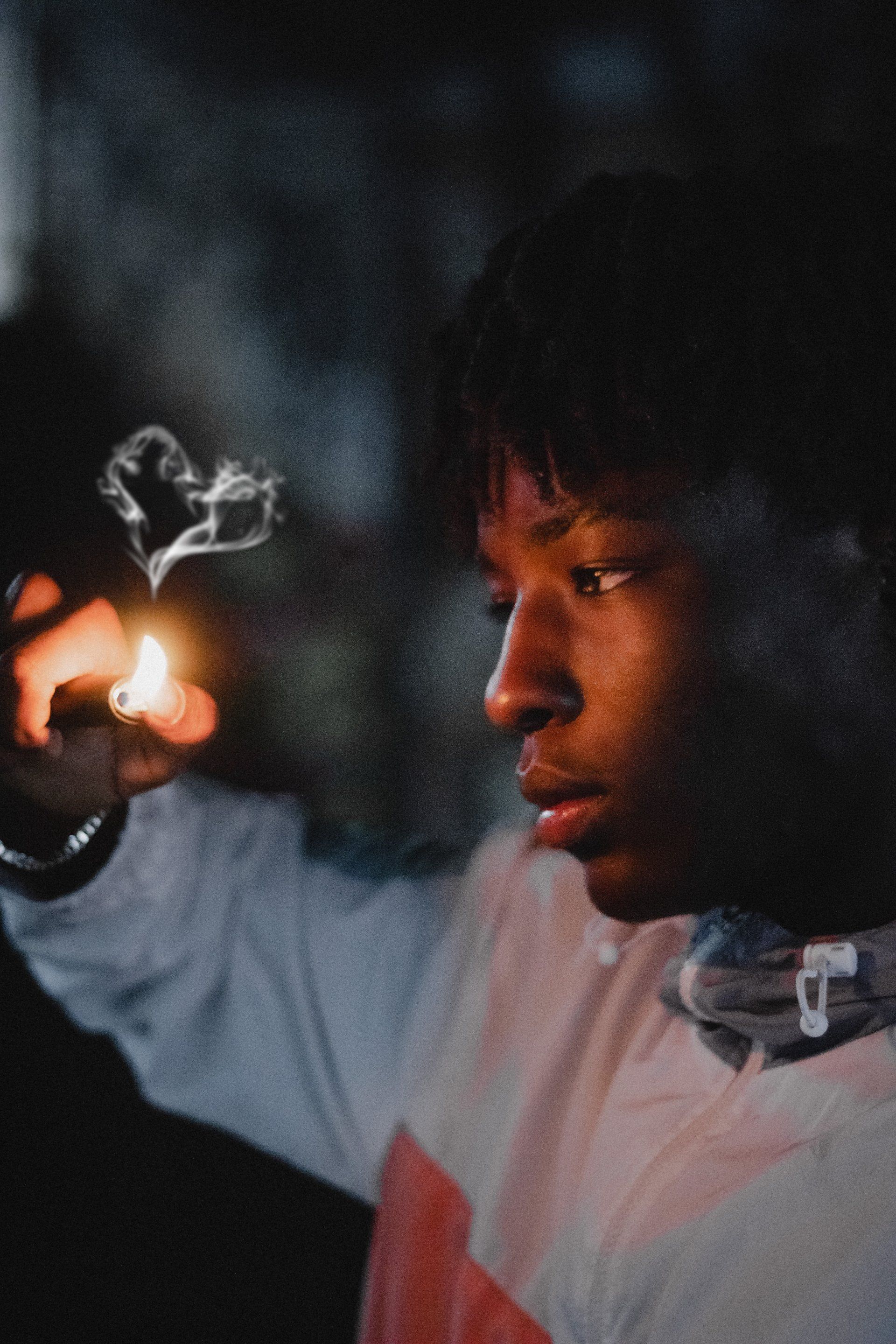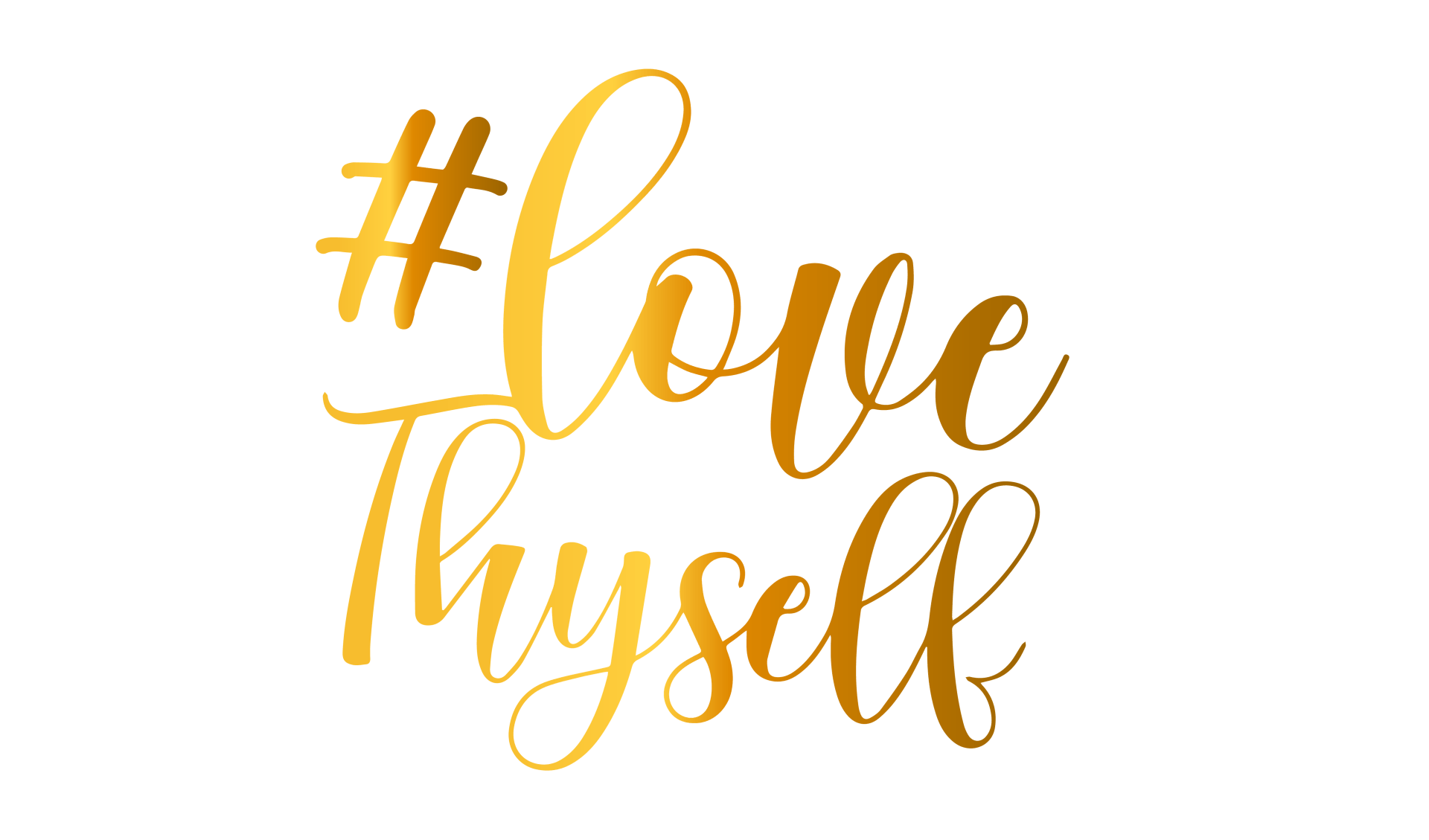
THE EPITOME OF UNCONDITIONAL LOVE
In relationships, the concept of unconditional love is fundamental. Everyone wants to be loved unconditionally for who they are and not for what they can provide or for who you’d like them to be.
Love is unconditional when you give it without expecting anything in return. You genuinely adore them and desire nothing more than for them to be happy and secure. This kind of love, also known as agape love, is most commonplace in the context of parents' affection for their child. It is unhealthy to give out your love, care and affection with strings attached. By doing that, you're employing affection as a control mechanism instead of truly loving the other person.
What Is Unconditional Love?
To define unconditional love, it means that a person loves someone without expecting more than what they are capable of giving. You’ll care about the other person’s well-being, and will go to great lengths to make that person feel happy and secure. Unconditional love is unwavering love and cannot be eroded by times nor difficulties. Even when it may seem challenging to do so, you can still love others unconditionally, but you do not have to do so without limitations . You may give unconditional love while still maintaining healthy boundaries.
On a fundamental level, unconditional love entails the desire to do everything within your power to fulfill your partner's wants and needs in every aspect without losing the love you have for yourself in the process. A research carried out in 2009 looked into the areas of the brain affected by giving out unconditional love and found that unconditional love engages some of the exact reward system locations in the brain as romantic love. Although unconditional love entails giving out love without attaching strings, and although it is an infinite feeling it does not mean that it must be given indefinitely if not reciprocated.
What Unconditional Love Is Not?
Unconditional love is not to be used as a reason to tolerate lousy treatment or remain in a situation where your energy is not being reciprocated. Everyone has flaws, including your partner. There might be some characteristics you don’t like about them. You don't have to tolerate every one of those defects if it’s bringing you to a place where you're feeling unloved, undervalued or under appreciated. Unconditional love implies that although you may despise a few aspects of your partner, which is perfectly natural, you still love them deeply anyway.
Unconditional love must be had for self first. It's not supposed to be used as a reason to remain in a relationship that diminishes the love you have for yourself. Unconditional love is often misunderstood by many people as a means of staying with someone no matter what they do and how harmful it is to your well being. They believe that overlooking all of their partner’s wrongdoings and never abandoning them is the true definition of love. Sometimes, it’s okay not to meet all of your partner's emotional demands; every adult individual should be accountable for their own circumstances. Just because unconditional love entails supporting your partner without expecting anything in return does not imply that they should take advantage of your devotion.










